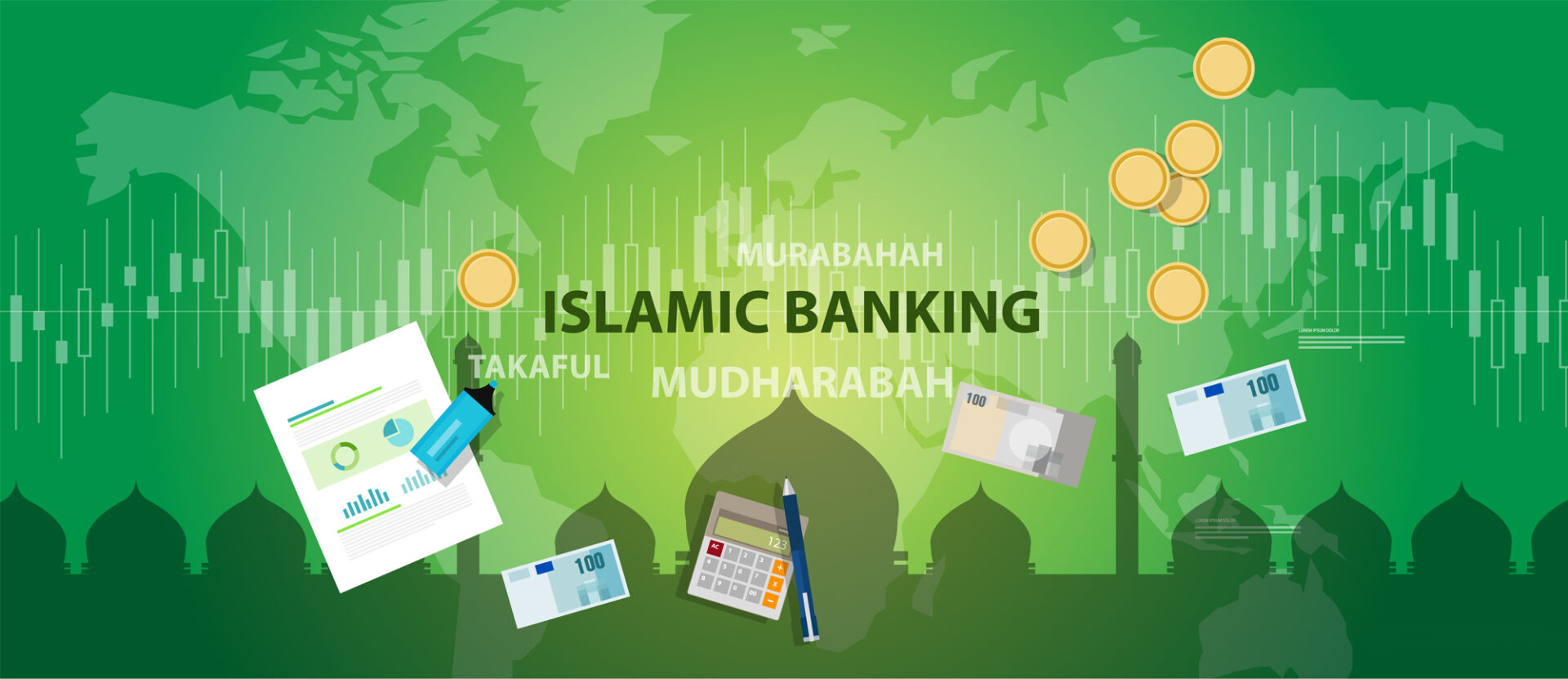Sustainable Economy Limited’s Managing Director and former CEO of the UK’s leading Islamic financial institution Gatehouse Bank plc, Richard Thomas OBE, FCSI, tells why he thinks an Islamic investment bank has potential.
By Anis Ramli
Post the global financial crisis that subsequently put the investment banking business model under tremendous scrutiny, banks continue to redefine their roles. Challenges such as volatile market conditions, scandals, new regulations and low interest rates, to name a few, have seen the landscape for investment banks changing drastically over the last 10 years. In a special mentorship and engagement session for MIA’s Islamic Finance Mini Pupillage programme, Richard Thomas shares his thoughts on how a new more sustainable ecosystem can shape more efficient models for investment banks and why an Islamic investment bank is the way to go.
Rollback of Regulations

Regulatory frameworks put in place after the 2008 financial crisis have pressured banks into reassessing and adjusting their business models, making it both more difficult and expensive for investment banks to operate. But those regulatory changes have also resulted in the ongoing maturity of areas such as ethics, corporate conduct, corporate responsibility, and corporate governance. In Malaysia for example we have seen this result in organisations such as the FSPB. I see those changes bringing sustainability to the banking environment. We are now witnessing the relaxation of some of the regulatory requirements in the American system, will be a net positive for banking profitability and given bank investors much to cheer on. Likewise in Europe, Brexit is expected to stimulate competition between London and other European cities bringing more loosening of regulatory requirements. This is likely to be repeated in most major markets. With decreased regulatory burdens, but a stronger more sustainable and ethically robust governance and business model, investment banks can build towards a stronger banking sector.
Increase in Mid-Tier Corporate Market
Malaysia’s potential for robust economic growth and the increase in business in the mid-tier corporate market, specifically this sector’s demand for investment banking services to support development and expansion will fuel the growth and development of investment banking activities beyond just the public sector and conglomerates. This will be good for any kind of investment banking activity.
New Technology
New technology has been at the forefront of investment banking development in recent years. A lot of money has been spent on R&D, data capture and management. Much of this has been to improve regulatory compliance and risk modelling. The outcomes have not only revolutionised FinTech and RegTech activities, but fast-forwarded business to business tech. We can see examples such as DDCAP’s ETHOS Asset Facilitation Platform for Islamic Banks making activity more efficient and more profitable. Banks today are being driven by an entirely different technology to make business simpler and more competitive. Investing in such technologies, as exemplified by Malaysia, resonates well with the international community because an environment that focuses on these technologies breeds confidence in investors. The growth is clear and there are exciting tools in development that can add value to the business. Investment banks have much to reap from a wider adoption of AI.
Rethinking Accountability
There are new individual accountability rules to strengthen bank governance, such as the Senior Managers Regime (SMR), introduced in the UK in 2016. This is an opportunity to embed a higher level of professional transparency and give confidence to the banking market. It’s garnering worldwide attention and Malaysia has indicated interest to consider the SMR in the near future. When it does, this would see the raising of standards of conduct for those in the financial services, making the Board more responsible for their actions instead of the regulators. Strong governance like the SMR is welcome as it helps investment banks achieve regime compliance and give clarity to bank governance.
Geographical Shift
Continued market pressures and changing regulatory requirements mean investment banks need to think hard about their geographic presence to boost competitiveness. Investment bankers should leverage on the fact that the world’s economic centre of gravity is shifting from the Atlantic in the 1980s to the East and South. We’re looking at not just Southeast Asia, but also Africa and South America as well. There is a south shift alongside a west east movement in economic development. These economies have all developed faster than Europe, and a place like Malaysia – with its sophisticated environment for investment banking – provides the ideal environment for investment banks to thrive.
Infrastructure Support for Creating Competitive Advantage
To succeed in investment banking, it’s all about reaping the competitive advantage. For example, Malaysia is at the forefront of creating a positive and nurturing environment for Islamic regulatory development. It has invested more effort post-2008 in key areas such as financial stability, liquidity management and other initiatives to help the industry. The move signifies Malaysia’s commitment to advance the country’s position, not only in Islamic finance but also in related sectors like the halal economy. An environment that supports syariah-compliant growth is the new source of competitive advantage for Islamic investment banks.
Richard Thomas lectured to participants in the exclusive Islamic Finance Mini Pupillage programme’s mentoring sessions which took place from April 2017 to July 2018. The Mini Pupillage programme aims to build up the competencies and capabilities of selected accounting professionals working in Islamic finance.







